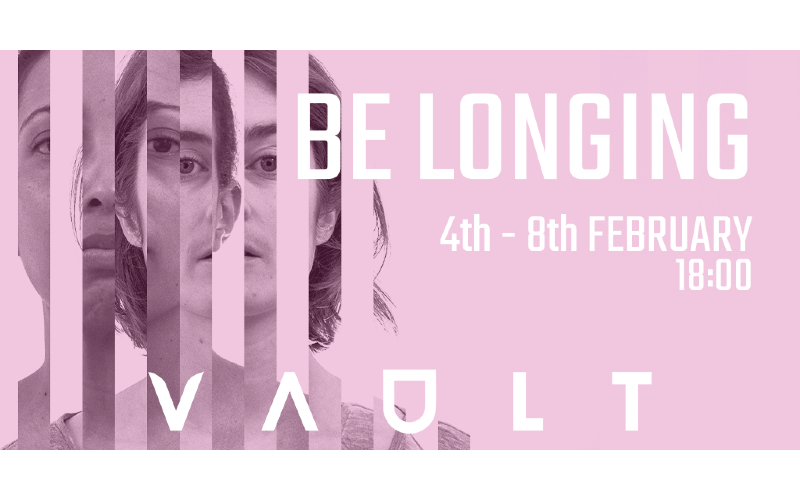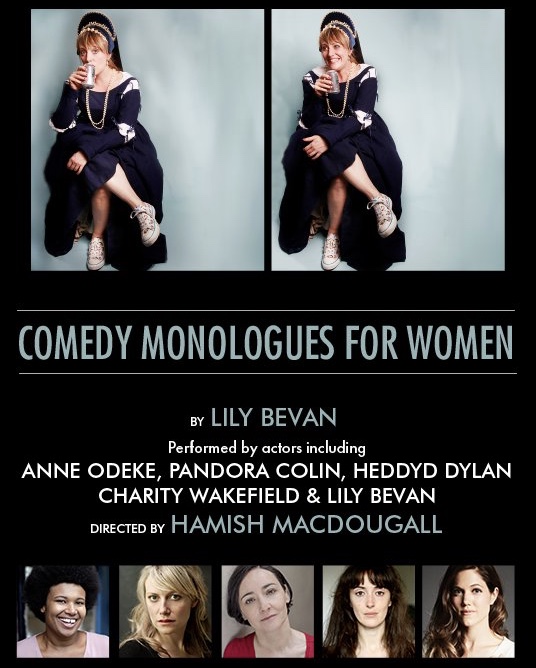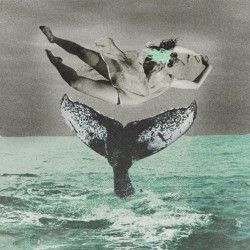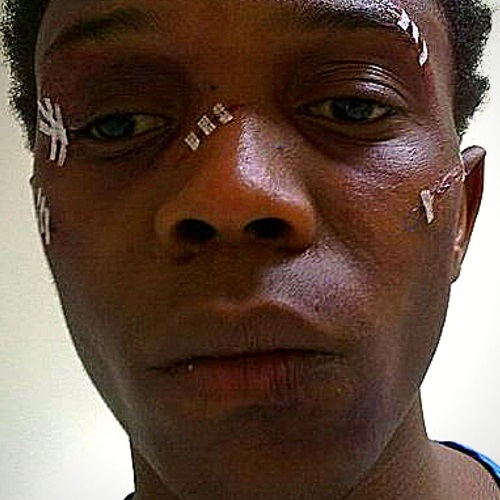
Martini Rating: 🍸🍸🍸🍸
Jack AG Britton’s Mighty is a riotous, conceptualised combination of self-made, loop-peddled, live music, spoken word, truth bombs and statistics, witty anecdotes, recorded interviews and audience interaction. Providing a fantastically powerful and amusing discourse on body image from the male perspective, and more specifically, heightism.
Described as a ‘TED-talk-meets-theatre show’, Britton, a five foot four and 3/4 inches theatre-maker, artistically and truthfully dives into how his height has affected his self-esteem, mental health, masculinity and more, in a bitter-sweet, biopic performance. Navigating the challenges of online dating, blatant and unchallenged prejudice to short guys, companies selling shoes that discreetly add height, stereotypes, hateful conduct policies on social media and making it onto the best rides at Drayton Manor. A smattering array of topics, that he cleverly weaves together, to deliver an honest and much-need conversation starter on the broader subject of toxic masculinity. His personable approach and comedy, having a whole-heartedly engaging effect. Britton simply doesn’t take himself too seriously, but loudly, (often with a mega-phone), backs up his words with genuine facts and interviews with professionals, rationalising his displeasure at how he and others are treated whilst providing endless comedic refrain. Asking the big (or little) question: should we be taking Heightism more seriously? Expect puns!
Britton’s work is terrifically provocative and understated, for example he mentions amongst many statistics that shorter men are more likely to commit suicide, going on to then later wrap a measuring tape around his neck like a noose. Emoting this harrowing image perfectly. Yet, he still doesn’t just lay out the problems, Britton uses and re-enacts his own responses to moments of prejudice to demonstrate that it’s okay to stand up and call someone out on it, that it won’t change until people do. Juxtaposing this with the fact that online policies don’t see threatening comments on body image outside of race/disability, i.e weight or height as determinates of hateful conduct, therefore hateful mentions regarding these won’t be taken down if reported. An exceedingly shocking and transformative notion. Whilst his moments of improv, audience participation and direct address allow him to build up rapport with his audience. As he converses with them, he consequentially leads them to question their own actions, a wonderfully reflective construction. Britton is therefore, immensely quick-witted, hugely entertaining and endlessly engaging, certainly a performer to watch out for and indefinitely mastering his craft.
Catch Mighty today at Vault Festival at 3pm & 6pm, click here to book now.








